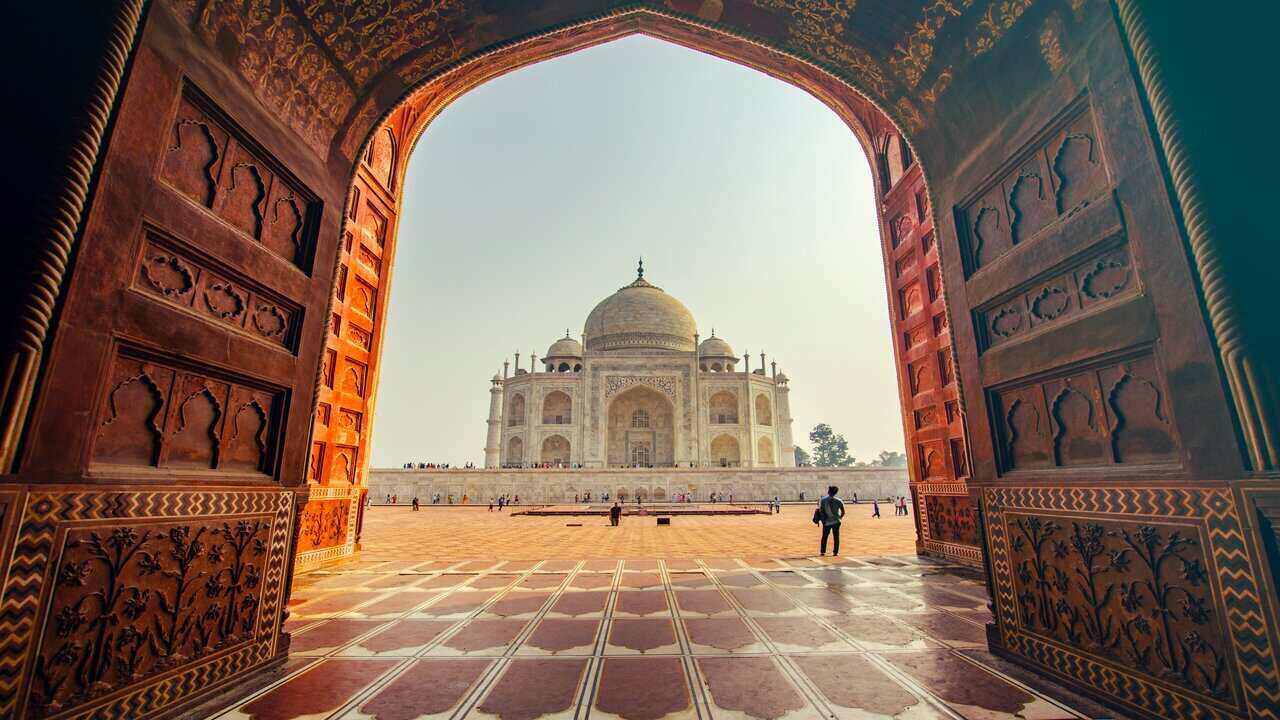The Allahabad High Court on Thursday dismissed a plea seeking a ”fact-finding inquiry” into the history of the Taj Mahal and the “opening of 22 rooms” of the monument. Reprimanding the petitioner, a bench of Justices DK Upadhyay and Subhash Vidyarthi, stated, “Tomorrow you will come and ask us to go to chambers of honourable judges? Please, don’t make a mockery of the PIL system.”
The plea was filed by Rajneesh Singh, a BJP youth media in charge, before the Lucknow bench seeking the directions to the Archaeological Survey of India (ASI) to probe the 22 closed doors in the Taj Mahal to ascertain the presence of the idols of Hindu deities.
The Bench pulled up Singh’s lawyer, for filing the PIL in a “casual” manner and said it cannot pass an order under Article 226 of the Constitution in the matter.
During the hearing, the bench told the petitioner that such debates were welcome in informal settings, but not in a court of law, reported Bar and Bench.
Expressing its displeasure at the plea, the court said, “Are these issues debatable in a court of law? Are we judges trained and equipped with such things?”
Replying to the petitioner’s argument regarding “right to information”, the bench further said, “Go and research. Do M.A. Do PhD. Then choose such a topic and if any institute disallows you to research on such a topic. Then come to us. Please enrol yourself in MA, then go for NET, JRF and if any university denies you to research on such topic then come to us.”
The writ petition was filed on Saturday in the registry of the Lucknow bench of the High Court by Rajneesh Singh seeking a fact-finding inquiry into the history of the Taj Mahal.
It also sought opening of the doors of its “22 rooms” to see “the truth, whatever it is”.
Several Hindu right-wing outfits have claimed in the past that the Mughal-era mausoleum was a Lord Shiva temple.
The monument is protected by the Archaeological Survey of India (ASI).
The petition also sought the setting aside of certain provisions of The Ancient and Historical Monuments and Archaeological Sites and Remains (Declaration of National Importance) Act 1951, and The Ancient Monuments and Archaeological Sites and Remains Act 1958, under which the Taj Mahal, Fatehpur Sikri, Agra Fort, Itimad-ud-Daulah’s tomb were declared historical monuments.
(Agencies)
Related













































Pingback: Another Resolution To Change Taj Mahal's Name To "Tejo Mahalaya" Falls Flat